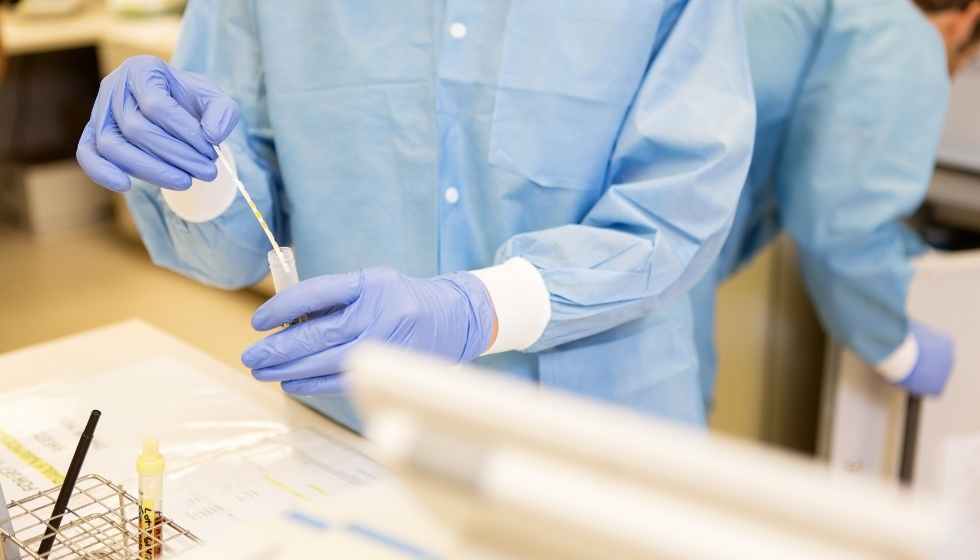The name “Urinalysis” is precisely the analysis of a urine sample. Urinalysis is the inspection of urine on a microscopic, chemical, and visual level. It is done to check for health-related issues, drug testing, or routine investigation to know one’s well-being. Hence it is also sometimes referred to as urine routine examination.
The theory behind this test is that the kidney and liver purify blood and toxins and remove the waste product as urine. So, by analyzing the waste products in the urine, we can identify what’s going on in the body. Now you might say, why don’t we test the blood itself.
Although the blood test is also done along with the urine, this test streamlines the issues in terms of kidney functioning. In the case of a dope test, it identifies the presence and amount of a particular substance of abuse. For the urine routine tests, the result may give out underlying disease.
There are three stages, namely screening, diagnostic, and monitoring. Screening is performed to detect the issues in an otherwise healthy individual. The diagnostic stage is to verify changes occurring in the body in reaction or improvement. Monitoring is necessary to control the treatment’s side effects or measure progress.
What Exactly Does the Urine Analysis Measure?
So, what exactly does the Urine Analysis measure? It depends on the result. A bit confusing; let me explain. It measures the urine in terms of an average healthy urine sample. But it is important to have urine routine tests. And what it reveals depends on the test we are putting it through. As stated, the three categories are visual, chemical, and microscopic. Let’s study them further.
Visual
This stage works on visual appeal and smell, measuring color, odor, and clarity. A certain value or a defined word is mentioned next to the test. Such as the color-pale yellow and clarity-very cloudy. We can conduct urine regular tests visually, i.e., the color.
Microscopic
● Measures red or white blood cells
● Measures bacteria and parasites
● Measure cast, which are tube-shaped particles that may contain various substances.
● Crystal
Chemical dipstick test
We might have tested things for pH levels in our chemistry lab on a litmus paper. This is the same kind, but it reveals many more findings.
● Acidity-PH level
● Ketones-Ketones are formed when the body uses fat but not glucose for energy consumption.
● Enzyme -Enzymes such as leukocyte esterase can be detected.
● Nitrite -Due to bacteria, the formation of nitrite occurs.
● Proteins -High content of protein may be harmful and indicate the presence of kidney-related disorders
● Blood cells-To check bleeding in the urine.
● Glucose -Glucose content can determine the proper functioning of the kidney. Excess indicates the diabetic status
● Bilirubin-A RBC breakdown product is not normally present in detectable amounts
Why?
A doctor will prescribe a urine test if you have urinary, liver, or kidney-related disease or if there are symptoms of that. In the case of a full body checkup, this test is also included. Stating the importance of urine routine tests. A drug test is also conducted based on urinalysis. So we can now also talk about the screening, diagnosis, and monitoring. Before every joining, certain tests are required, including a urine routine examination.
Screening
This is done to detect traces of a disease so that it can be nipped in the bud, preventing upcoming harm to the body. This step is the preventive method as the test can reveal various information by which a patient can be helped at an early stage. Health check-ups must be our priority, including routine urine examinations.
Diagnosis
Detection of a disease in a patient with symptoms pointing to a particular organ like liver, kidney, etc., to take measures to cure the disease.
Monitoring
Now you are receiving treatment. Then the doctor will prescribe the routine urine tests periodically to monitor your condition and measure any effects, or ill effects can measure any effects or ill effects.
How Does it Work?
A pathology lab conducts a urine routine examination and then reports to the doctor. The doctor will examine the report and then make a final verdict. So how do you give your sample to the pathology lab?
Many pathology labs nowadays give the service of one-day sample pickup. You can find the sterilized container in chemist shops and then prepare your sample (if you know what I mean). And you can deposit it yourself or avail the services of the labs. But it is important to have urine routine tests.
Final Overview and Precautions
There are no such precautions for the urine routine test, although you must dictate the labs about any medication or prescriptions. You can refer to previous reports if you regularly conduct routine urine tests. If they allow it. Also, if other tests are conducted along with this test, you might advise fasting before the test.
There is no need to worry; it is a simple test. Some diseases in your body can reveal diabetes, kidney or urinary tract infections, liver disease, and many other diseases. Maybe you need to worry and make some lifestyle changes or sacrifices as we have no lack of diseases nowadays. If it’s a drug test, you need to worry if you like to go on that psychedelic trip.


